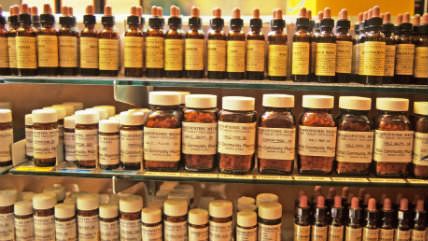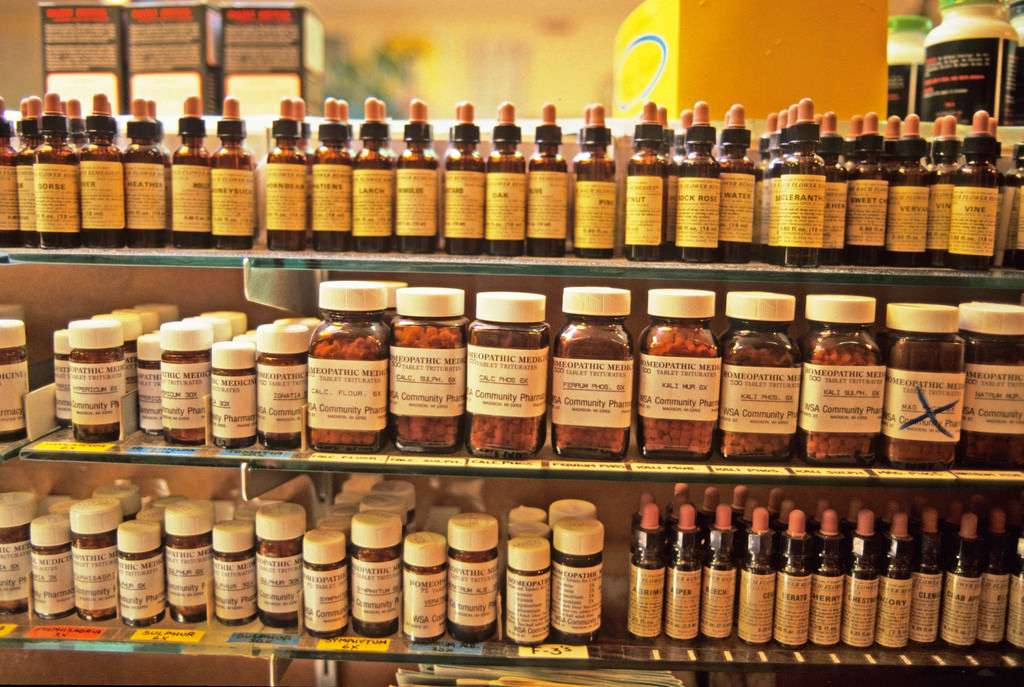Should the FDA Get Tougher on Homeopathic Remedies?
Homeopathy is nonsense. And yet...


The U.S. Food and Drug Administration (FDA) may start regulating homeopathic remedies more closely. At public meetings this week, the FDA will evaluate whether current procedures to ensure the safety of homeopathic products are too lax.
This news initially struck me as a positive development. Billions of dollars worth of homeopathic products sell each year in the United States, according to Bloomberg News. But the only thing empirically proven about homeopathic medicine is that it's nonsense. And it's nonsense that gives promising, research-backed natural or alternative remedies a bad name.
And yet…
"Millions of Americans use homeopathic medicines and want access to them," says John P. Borneman, chief executive of Hyland's Homeopathic and president of the industry association that publishes the Homeopathic Pharmacopeia. "These medicines are very effective, people like using them, [and] it's part of consumer choice in the United States."
Except for that bit about effectiveness—"Homeopathy is an excellent example of the purest form of pseudoscience," said Yale neurologist Steven Novella—Borneman has a point. The FDA needn't endorse homeopathy (and it doesn't), but shouldn't Americans be free to purchase whatever placebos they choose?
Currently, the FDA allows homeopathic products—any substance listed in Homeopathic Pharmacopeia, a guide published since the 1800s—to be sold without premarket approval from the government. But it's not as if the FDA exercises zero oversight over the homeopathic industry. Per agency guidelines, over-the-counter homeopathic products can only be marketed for "self-limiting conditions," such as colds (i.e., not cancer), and must meet certain manufacturing-quality and labeling standards. Additionally, the FDA can investigate and prosecute homeopathic-product makers for impurity or making false health claims.
Vitamins and supplements, like homeopathic remedies, are currently only loosely regulated by the FDA, a situation that most fans of limited-government and consumer choice see as positive. Opening the door to greater FDA oversight of homeopathic products could make it easier for the agency to step up supplement scrutiny next.
